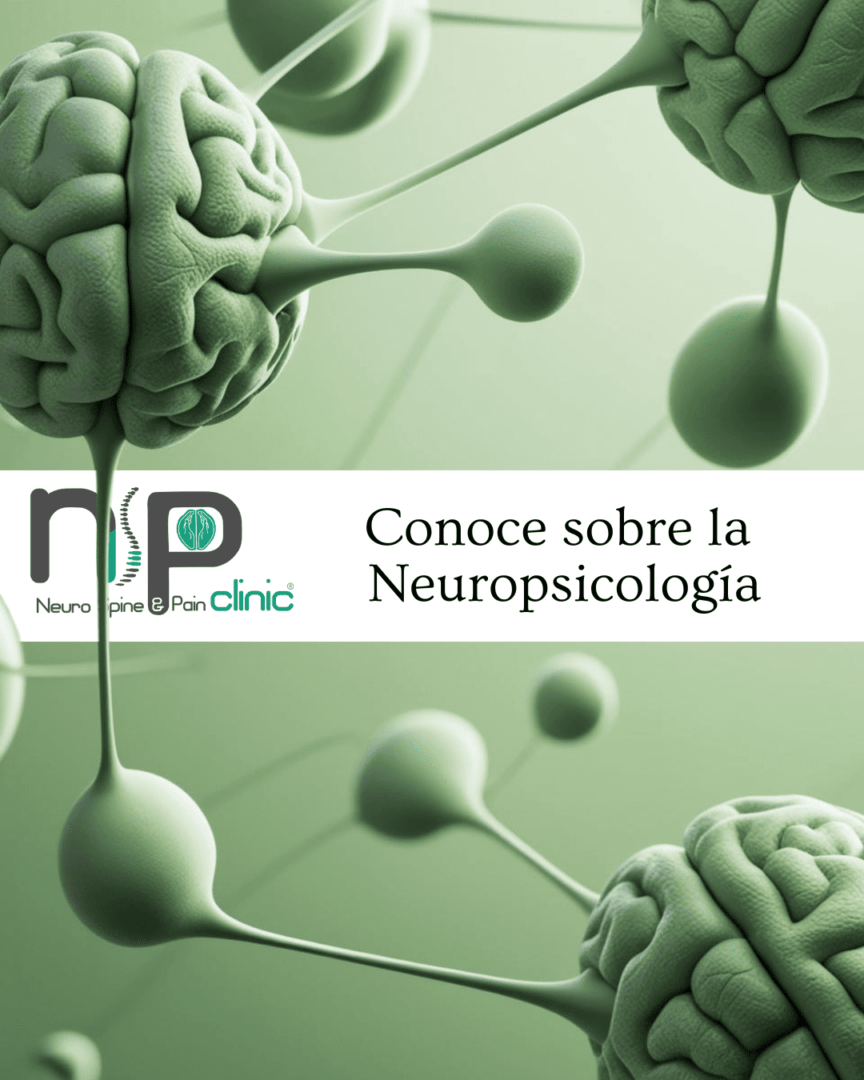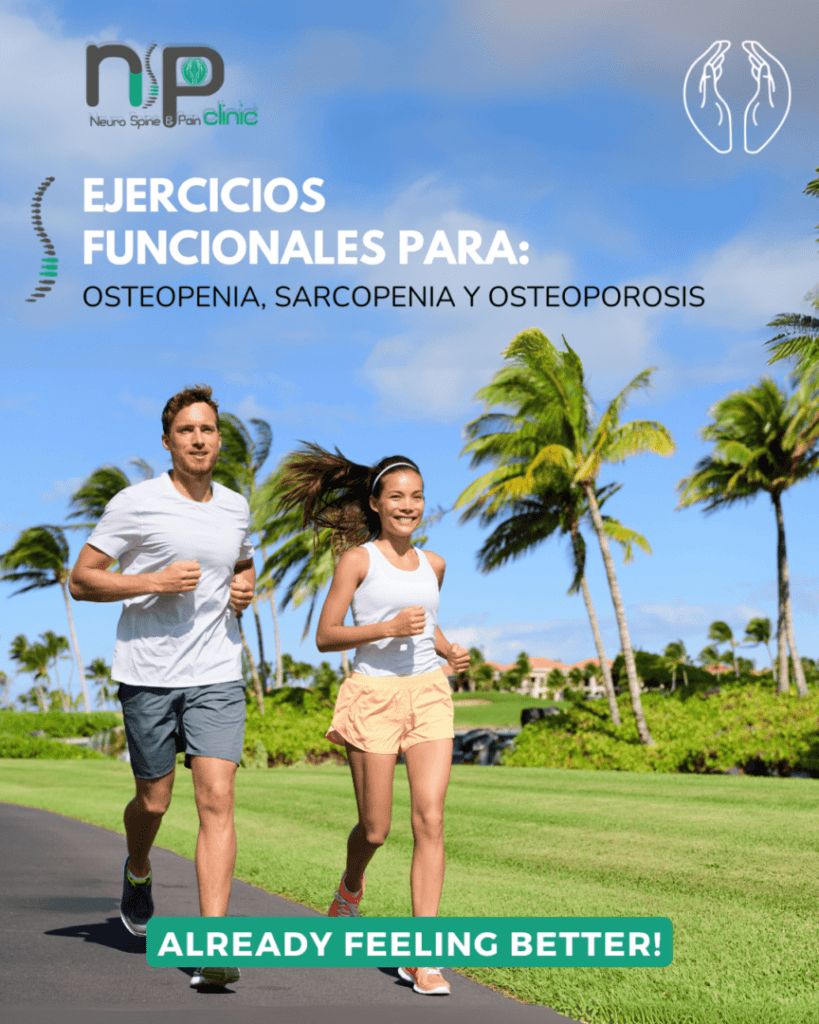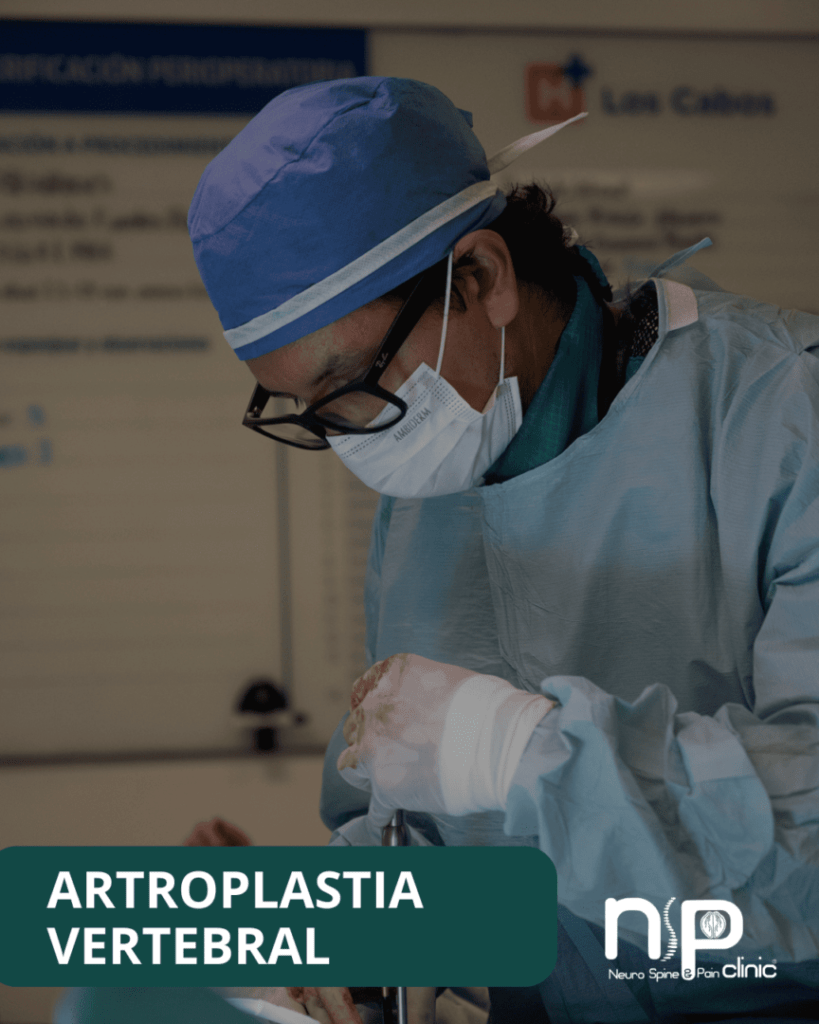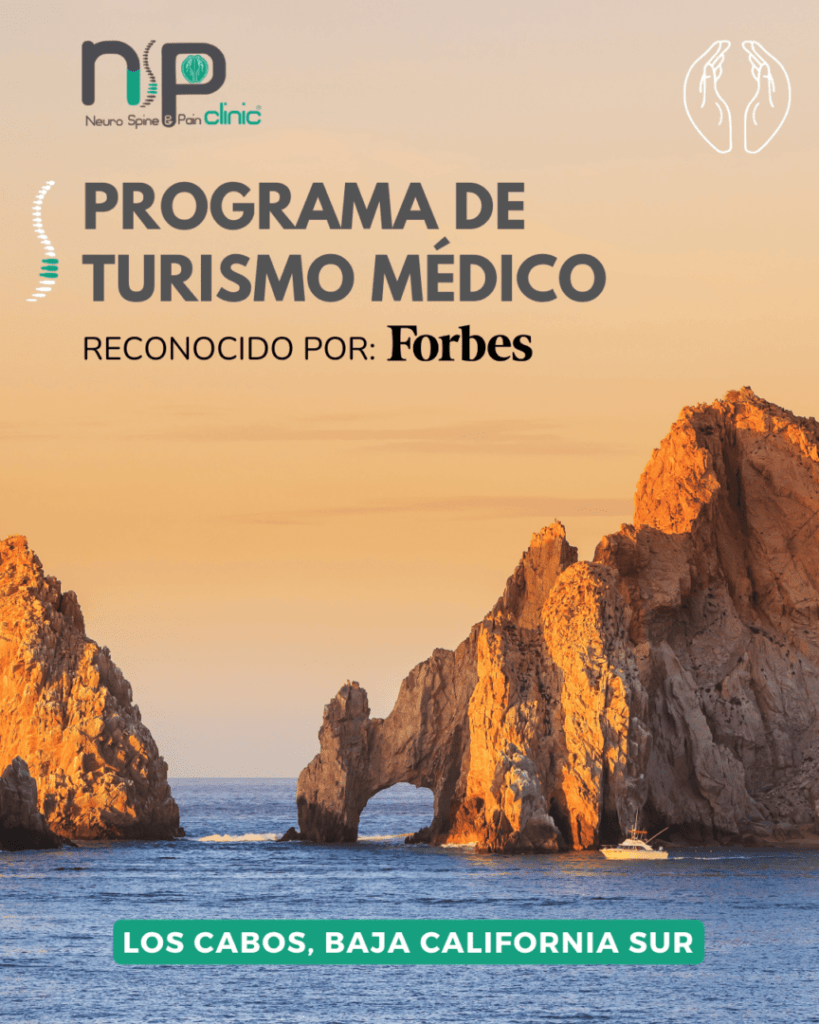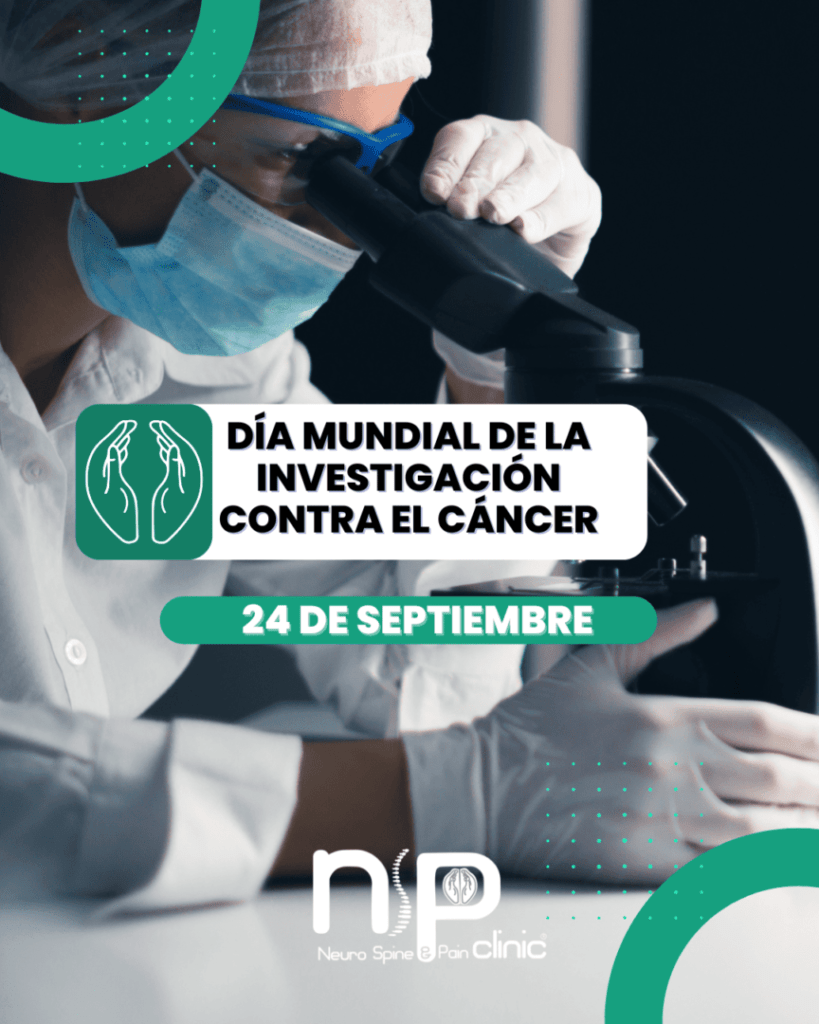Early stimulation, also known as timely stimulation, encompasses a set of educational techniques aimed at reaching the maximum potential in babies and children from 0 to 6 years old. These spaces encourage them to explore in safe and loving environments, participating in pleasant activities appropriate for their age and level of development. These workshops will seek to monitor and promote the child's development in five key areas: cognitive, motor, sensory, language and socio-affective. The interventions are adjusted to individual needs, respecting the different learning rhythms and using methods such as songs, games, massages, physical exercises, cognitive challenges and sensory stimulation to achieve specific objectives.
This workshop will be taught by the neuropsychologist Maru Izurieta, who has a master's degree in clinical neuropsychology from the Complutense University of Madrid and four different diplomas focused on neurodevelopment. His work experience and academic career offer a broader perspective on the different factors that are involved in healthy development. These practices, in addition to offering valuable quality time between the caregiver and the baby, also enhance the child's self-esteem and confidence to explore and build their own learning in a safe and pleasant way.
Numerous scientific research supports the short and long-term benefits of early stimulation, recognizing the importance of a stimulating environment in the early stages to achieve optimal neurodevelopment. Although genetic predisposition plays a crucial role, it is insufficient on its own; A stimulus-rich environment is required to integrate these capabilities effectively. Given its transitory nature, it is of fundamental importance to take advantage of sensitive periods, favorable moments to acquire specific skills.
The human brain, by exposing itself to various stimuli, forms the fundamental knowledge to understand and confront the internal and external aspects of the world of each person. Early childhood, with its high neuroplasticity, is considered the most crucial phase of development, since it is a period in which the brain is designed to learn. The knowledge consolidated in this period will influence the future acquisition of more complex functions necessary to face daily challenges. Without solid foundations, these capacities can be affected, generating complications in physical, emotional, academic, professional and social aspects.
We recognize that parents and family play a fundamental role as the first teachers in babies' lives, being crucial drivers in their knowledge of the world. Therefore, we seek to empower and inform parents about practices that promote healthy and complete parenting. The proposed techniques and strategies are supported by scientific evidence and are adapted to the individual needs of each family, thus ensuring the maximum possible benefit.



